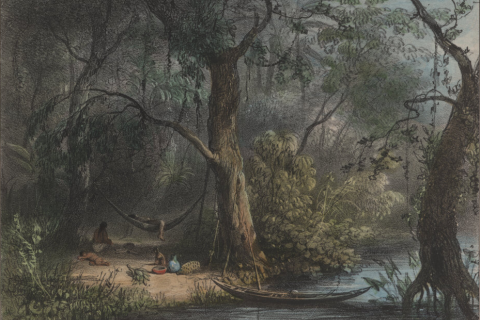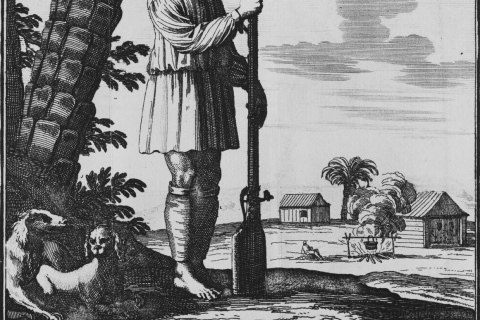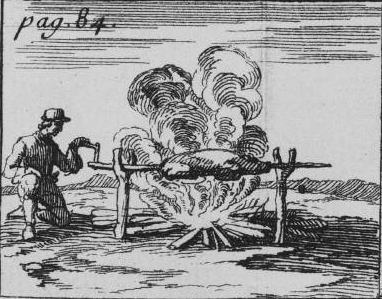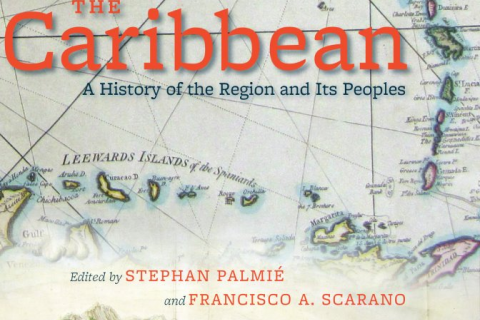-

In the seventeenth century, the Spanish, French, English, Dutch, and Danish all attempted to forcibly unite the Caribbean region of Latin America within their broader Atlantic empires. Their story has largely been told. The globalization proposed by imperialism was not the only globalization possible, however.
-

During the same period, masterless people across the region sought independence from imperial authority, attempting to make a new world in their own collective interest.
-

First were indigenous societies who maintained autonomy beyond the boundaries of expanding European settlements.
-

Second were communities of African runaway slaves known as maroons, a term first applied to indigenous laborers who fled to the mountains to escape colonial authorities.
-

Third were groups of marginalized European colonists, sailors, and unfree laborers who rebelled against colonial society and sometimes abandoned it altogether. Among these were the buccaneers, the first self-governing pirates of the Caribbean.
-

The 1620 journal of a French sailor records an encounter on the shore of Hispaniola with two men, a "marron" and a "nègre," huddled around a campfire with a wooden grill which they called by its indigenous name: boucan. The men described how they and others lived in common, poaching stray livestock in the deserted northwestern corner of the island. When the French ship set sail a few days later, six of its crew had gone missing, swelling the ranks of these people of the boucan, the boucaniers.
-

What was the nature and extent of such connections among masterless people? What part did they play in the story of Caribbean history as we have come to know it? And what stories of theirs have we not yet come to know? That is to say: what sort of world did common women and men make for themselves, and what might it mean for us now?
-

You can read an overview of my analysis in "Masterless People: Maroons, Pirates, and Commoners," recently published in The Caribbean: A History of the Region and Its Peoples (University of Chicago Press, 2011). You can also follow me to receive updates about my work. With any other ideas, comments, or questions, I warmly encourage you to contact me.